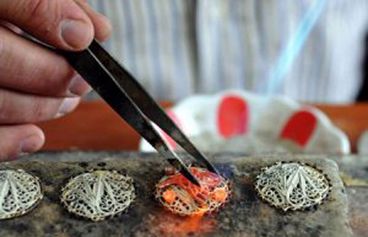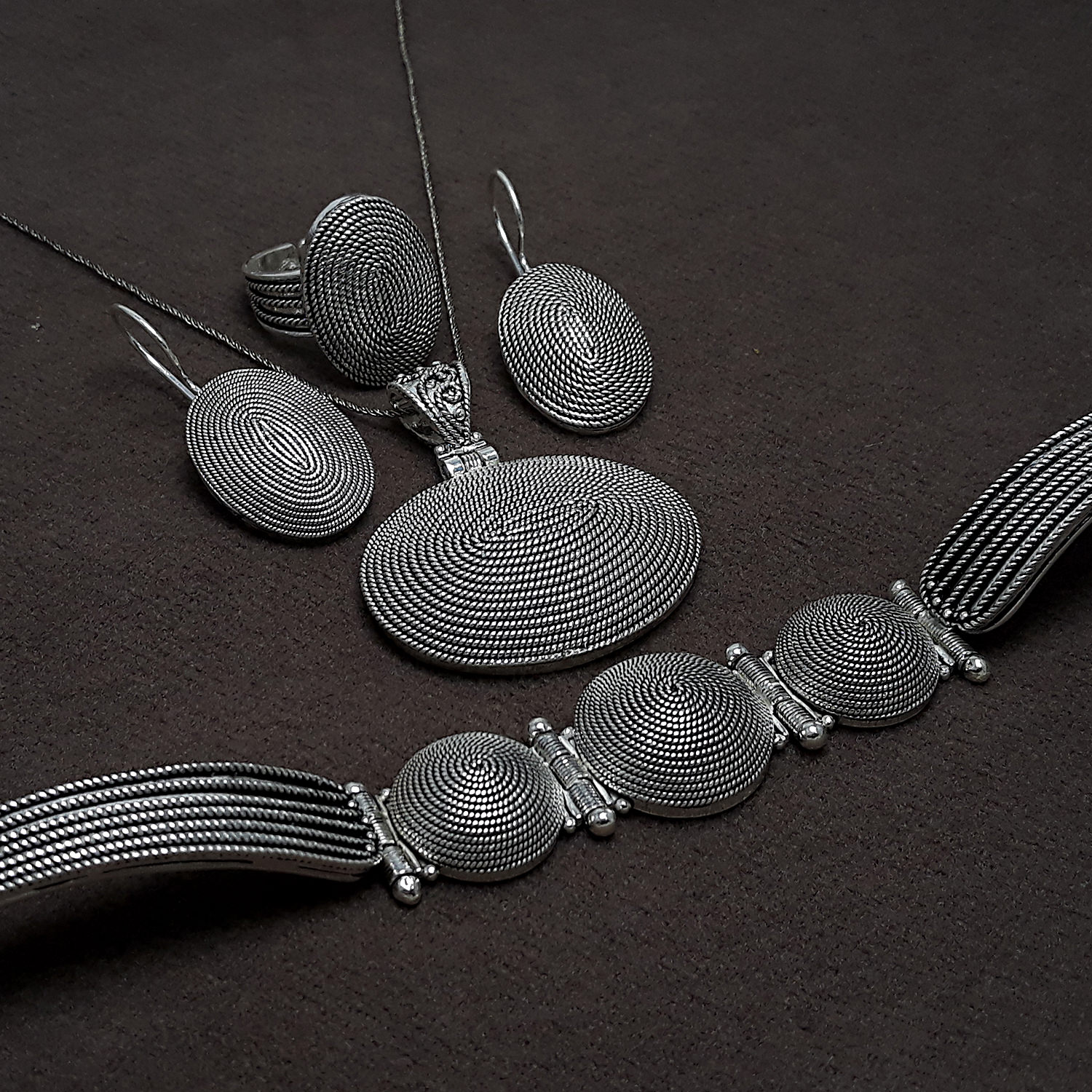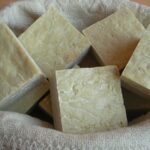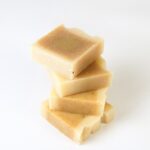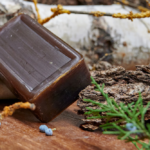Silver, which has a special place in mineral processing, is one of the most preferred metals after gold. We sometimes remember him with the Ag symbol, which we have inherited from school, and sometimes with the rings and jewelry we used or gifted to a particular person. It has a unique off-white color and can quickly processed. Since ancient times, silver, which has an essential place in coin cutting, jewelry, and decorative items due to its softness, has found a wide range of uses. Moreover, silver working is an area that has been respected and valued throughout history.
The scarcity of the amount of silver found in nature and the fact that it can only be reached by going deep makes it more valuable. Silver is used in many fields such as medicine, photography, dentistry, earning coins, batteries, and mirrors. Silver, which can be found free and alone, as well as with many components, is extracted from the Gümüşköy district of Kütahya in our country.
Turkish Silver Working
Turks give importance to silver and silver processing from ancient times. It is one of the indispensable occupations in the old Turkish tribes and Steppe Turkish culture. So much that the Turks painted important figures by carving on metal and wood. These figures embroidered on portable materials reflecting Turkish cultures, such as belt buckles, swords, dagger hilts, horse harnesses, and ornaments. There are motifs engraved in gold and silver mines by the ancient Turks. The king tents and thrones decorated with these motifs indicate that they are a deep-rooted civilization with aesthetic.
In recent archaeological excavations in Central Asia, 2800 gold and silver ornaments, which determined to belong to the Göktürk ruler Bilge Kagan and kept in a silver chest, found. There is also a crown pediment decorated with the Phoenix motifs of Bilge Kağan. Apart from these, there are also many valuable silver items. This priceless treasure included in the world heritage list. All of these are important in showing us how advanced the art dimension of silver working, reached in the pre-Islamic period.
Again, in Central Asian Turkish culture, colored stone and silver working had advanced. The traditional techniques in question are still valid in the Central Asian region. It also continue to come to life, especially in the Ashgabat and Merv Regions of Turkmenistan.
The forging technique, which is the oldest metalworking technique, emerged after the first discovery of mines. The primary materials of a blacksmith are also the essential tools necessary for the art of jewelry. Some of them are basic materials such as anvil, vise, pliers, hammers, file, scissors, and wire drawing mold. These preferred because they easily portable, which compatible with the lifestyle of the Turks.
Metal Art in Anatolia
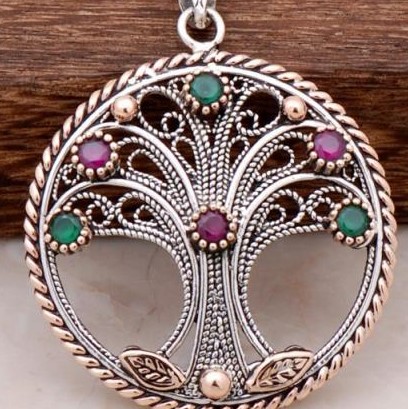
During the Seljuk period, there were many mines and mines in Anatolia. The Seljuks used silver to print money. According to sources, silver mined from four different places in Anatolia at that time. And in these mines, high-quality silver obtained. Thus, we see that the history of silver working dates back to ancient times in the Turks.
Today, the art of silver working still exists in Turkey. At the same time, Telkari is the art of silverwork unique to Turkey. Well-trained artisans and silversmiths still maintain this tradition. Silver working has gained an important place in Turkish culture. Moreover, silver working in Turkey is also in demand from the world.
For more detailed information about Turkey, you can visit our website.
